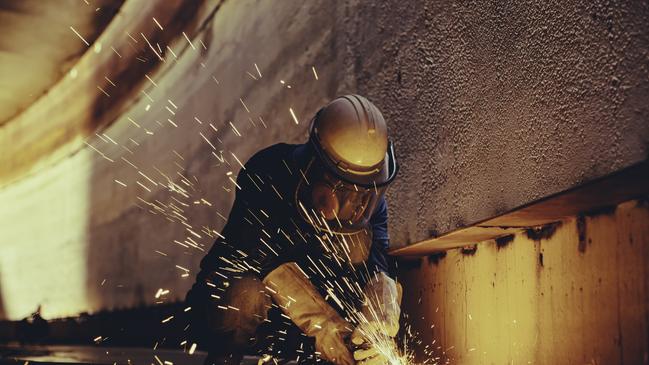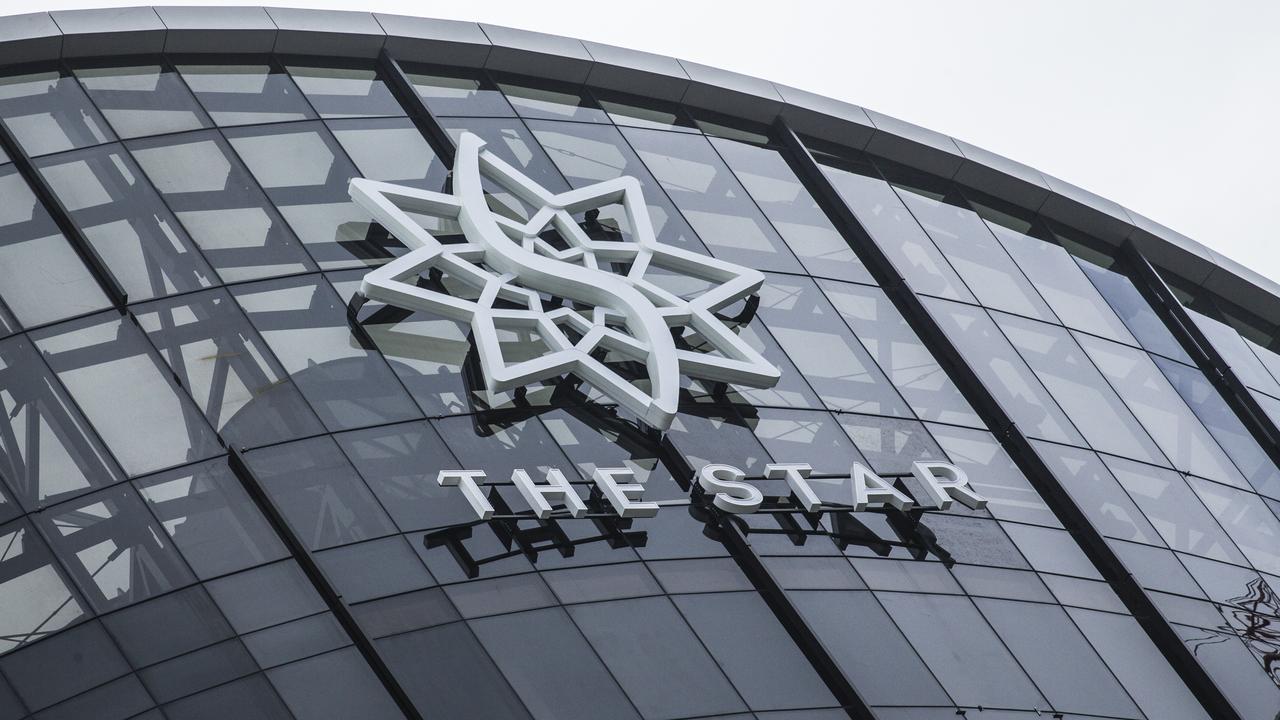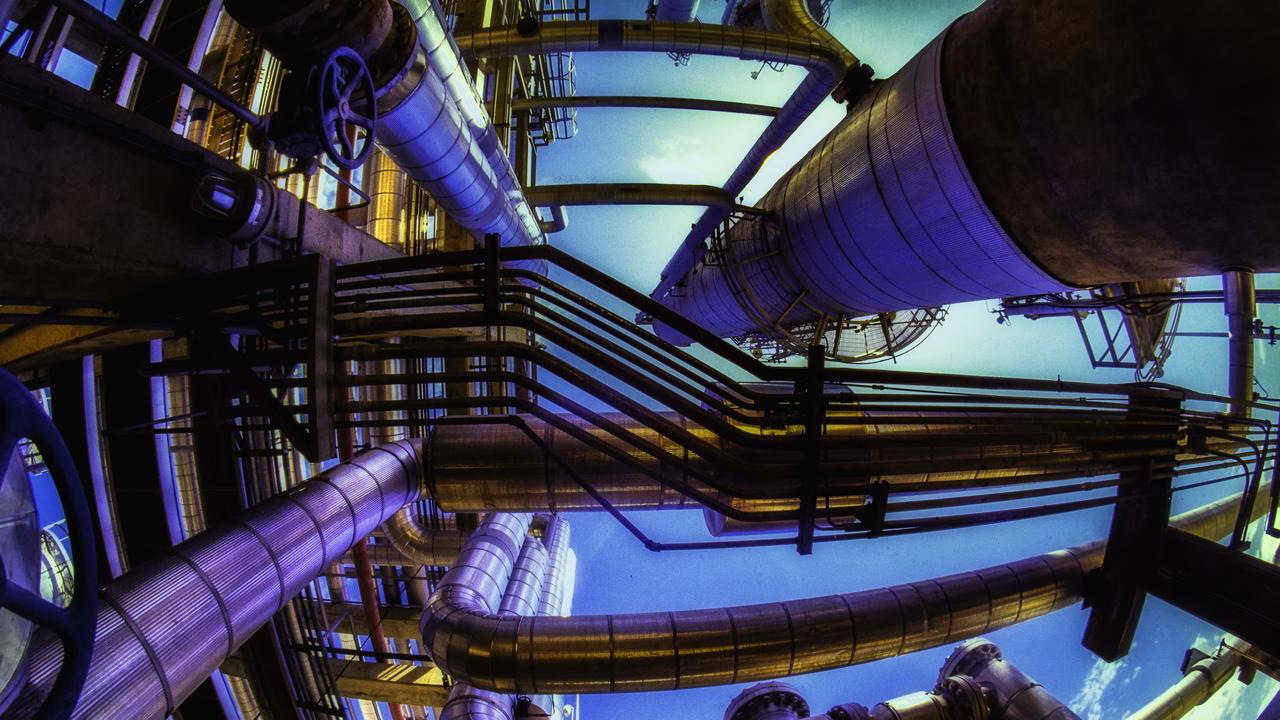
Vulcan Steel has signalled it intends to seek out “new opportunities” to expand its footprint in Australia, and is eager to explore acquisitions.
“We are always looking at building our market share and believe some of those opportunities will emerge in the near term,” said Rhys Jones, the chief executive of the listed steel distributor.
Vulcan would no doubt dearly love to get its hands on InfraBuild’s steel distribution business.
It’s not for sale yet, but it may be getting closer to being available for buyers, as Sanjeev Gupta’s global portfolio hangs in the balance.
InfraBuild’s steel distribution business is Australia’s largest processor and distributor of long steel products through its electric arc furnaces and produces 1.4 million tonnes of recycled steel across the country.
It operates at over 140 locations nationally, including 26 domestic recycling centres and 113 retail and distribution sites.
The company is part of the global steel operations of Mr Gupta’s company GFG Alliance, which previously owed $US5bn to lender Greensill.
In 2023, InfraBuild was generating about $6bn of annual revenue and $239.6m in net profit.
The company’s debt level was believed to be around $2bn in 2022.
But, the steel industry is facing tough conditions in a weaker global economy, as evidenced by Vulcan’s result.
It reported a 65 per cent fall in net profit to $9.2m for the six months to December, on the previous corresponding period.
Mooted tariffs on US steel imports could see more cheap steel imports flooding into the Australia market, and Mr Jones said Mr Gupta’s company “running the business for cash” had been very negative to the margin on steel.
At Vulcan, banks have waived debt covenants until the end of the year, making it a target for advisers hoping to land a mandate for an equity raising.
Net debt is $241.5m, while its market value is $900m.
Advisers may pitch equity raising opportunities to replenish its balance sheet at the same time as it puts forward options for an acquisition.
With 60 per cent of revenue from Queensland and New Zealand, it is considering entering into other steel segments as well as expanding its footprint in Australia.
The company also flagged the likelihood of industry consolidation.
Analysts suggest the company may consider a new segment such as stainless steel, for which demand in New Zealand is picking up.
Assets within the InfraBuild business were part of Arrium before it collapsed.
Mr Gupta also took on Arrium’s challenged steel mill in South Australia, Whyalla.
The steel assets, iron ore mines and Whyalla Port and Rail cost about $700m in 2017.
South Australian politicians are becoming increasingly preoccupied by Whyalla with concerns about Mr Gupta wrestling with debt and under-investment in the operation.
It shut for four months due to operational challenges and repairs but resumed operations in January.
Bonds in InfraBuild trade at about 90c in the dollar, higher than many would expect because of the 14 per cent coupon payment.
But, many advisers and investors are keeping away, and continue to struggle to get their heads around its structure.



